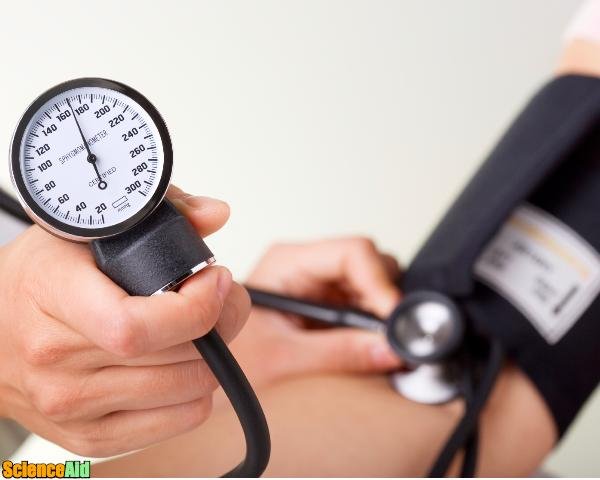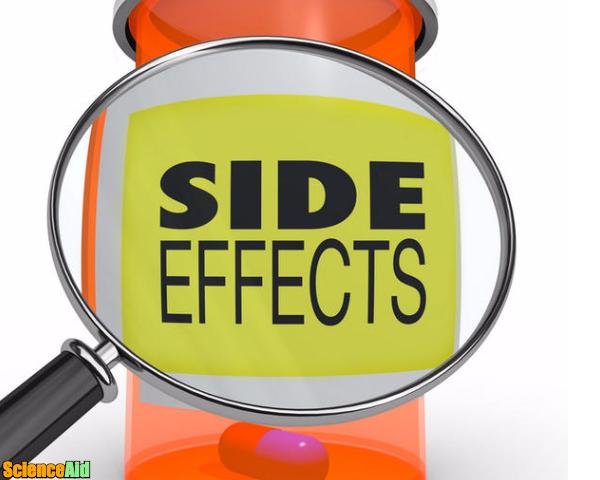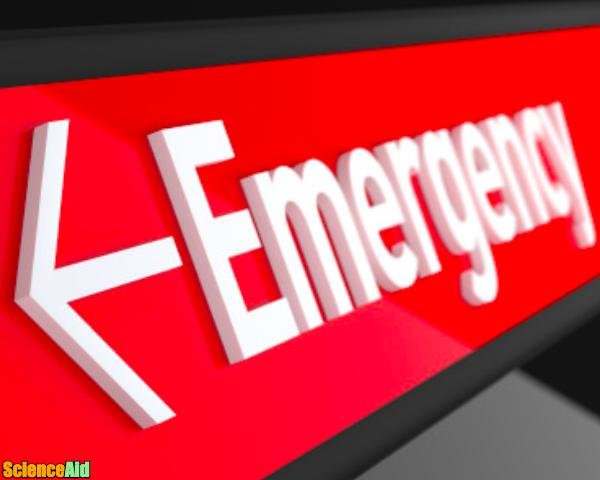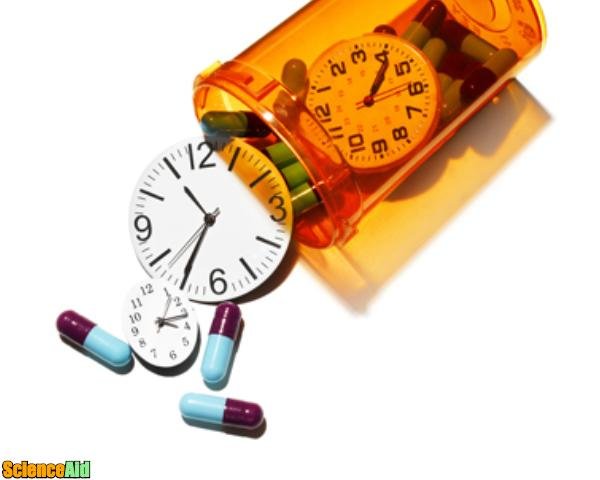What Is Lisinopril
Edited by StephWrites, Sharingknowledge
Understanding blood pressure
About one in five adults in Canada and one out of every three adults in the U.S. suffer from high blood pressure. Having a combination of a sedentary lifestyle, and an unhealthy diet has made hypertension more and more common in adults. There are many medicines available, however, to combat this disease. One common such drug is Lisinopril.
Blood pressure is measured with two numbers. The top number is the systolic blood pressure. This is the pressure of the blood moving through the arteries when the heart beats and pushes the blood. The bottom number is diastolic blood pressure, which is when the heart rests between beats. Normal blood pressure for an adult is about 120/80. Blood pressure that is 120-139 over 80-89 is considered prehypertension. In the range of 140-159 over 90-99 is considered stage 1 hypertension. 160 and above over 100 and above is considered stage 2 hypertension. In the great majority (95%) of the cases of high blood pressure, the cause is uncertain. There are, however, various factors known to contribute to hypertension. These include smoking, eating a lot of salt, excessive alcohol consumption, stress, genetics, being overweight, not being physically active, older age, adrenal and thyroid diseases, sleep apnea, chronic kidney disease, and a family history of high blood pressure.
What is Lisinopril?
Lisinopril is an inhibitor of the angiotensin converting enzyme or ACE inhibitor. It is used to treat hypertension or high blood pressure. Adults and children six or older can take Lisinopril for high blood pressure. It is also used to increase survival opportunities after a heart attack, and to treat congestive heart failure in adults. We all know the heart pumps blood into arteries that carry the blood throughout the body. The pressure with which the blood pushes through the arteries is blood pressure. High blood pressure makes the heart work harder to get the blood out to the body. This can lead to stroke, kidney disease, hardening of the arteries, or heart failure.
Angiotensin causes vasoconstriction which is the narrowing of blood vessels caused by the muscular wall of the vessels contracting. This raises blood pressure. Angiotensin can also raise blood pressure by stimulating the release of aldosterone. Aldosterone is a hormone released from the adrenal cortex which promotes sodium retention in the kidneys. Angiotensin II increases the sensation of being thirsty, decreases the response of the baroreceptor reflex (which is one way that our bodies use to maintain our blood pressure stable), and increases the desire for salt. Angiotensin was originally isolated both in Indianapolis and Argentina in the late 1930s. Groups in the Cleveland Clinic and Ciba Laboratories in Basel, Switzerland then characterized and synthesized it. ACE inhibitors like Lisinopril suppress the production of angiotensin, and in this way lower blood pressure and reduce the risk of heart failure.
Product Manufacturer
Lisinopril is a generic drug that is sold in various countries under the brand names Zestril, Prinivil, and Lisodur. Zestril is manufactured by AstraZeneca Pharmaceuticals, LP, Prinivil is manufactured by Merck, and Lisodur is manufactured by Alphapharm P/L. The Food and Drug Administration (FDA) approved Lisinopril for public use in November 1995.
Side effects of Lisinopril
Although lisinopril is a very effective medicine, as with all medications, there can be some unwanted effects. Here is is a list of the most common side effects you may experience:
- Dizziness.
- Hypotension, or low blood pressure.
- Headaches.
- Cough.
- Diarrhea.
- Increased blood urea nitrogen.
- Increased serum creatinine, which means that your kidneys are not effectively removing the creatinine from your blood.
There are some other rare, minor side effects such as belching, indigestion, the sensation of spinning, feeling that your surroundings are in constant movement. Also, feelings or tingling, burning, pins and needles, crawling, prickling, itching or numbness, acid or sour stomach, stomach upset or discomfort, heartburn, muscle cramps and swelling.
Urgent attention side effects
Some side effects of lisinopril will need immediate medical attention. Rush to a hospital in case you present any of the following side effects:
- Blurred vision.
- Confusion.
- Cloudy urine.
- Decrease of urine production.
- Concentrating ability.
- Unusual sweating.
- Unusual tiredness or weakness.
- Dizziness, tiredness, or lightheadedness after getting up from sitting or lying down.
- Chills.
- Chest pain.
- A common cold.
- Body aches or pain.
- Difficulty breathing.
- Fever.
- Loss of voice.
- Nausea.
- Sneezing, runny nose, and nasal congestion.
- Cough.
- Ear congestion.
Although the above-mentioned side effects require medical attention, most side effects from taking Lisinopril will go away on their own as your body becomes used to the medication. Others can be easily prevented or reduced. Ask your health care professional if you have any of these side effects what you can do to lessen them. The minor side effects include a rash; diminished interest in sexual intercourse; diminished ability to achieve or maintain an erection; loss of sexual drive, ability, desire, or performance; and lack of strength.
Lisinopril Interactions
Many times the chemical make-up of certain medications counteracts, nullify, or even causes dangerous side effects when combined with other medicines. There is a total of 669 medicines that are known to interact with Lisinopril. Of these, 80 provoke significant drug reactions, 513 moderate drug reactions, and 76 minor drug reactions.
- A major interaction means the risks of the interaction outweighs the benefit that taking the medicine could offer.
- An interaction classified as moderate means that you should only use the medication under special circumstances.
- A minor interaction generally means that while you should evaluate the risk with your doctor and possibly consider other options, you can probably take certain actions to get around the interaction risk.
You must always notify your doctor about any other medication you are taking when he or she prescribes Lisinopril, in case it could have an interaction with what you are currently taking. In addition to drug interactions, medicines can also have interplays with food, alcohol, or certain lifestyle choices. In the case of Lisinopril, there can be adverse reactions to a diet high in potassium. It is not recommended that you take salt substitutes or potassium supplements unless advised to by your doctor.
Interactions with other illnesses or conditions
Medicines that cure certain diseases can also have adverse effects on other diseases. In the case of Lisinopril, there can be interactions with eight diseases:
- Angioedema
- Bone marrow suppression
- Congestive Heart Failure
- Hemodialysis
- Hyperkalemia
- Hypotension
- Liver disease
- Renal dysfunction.
It is utmost important that you let your doctor know if you have been diagnosed with any of these diseases.
You should also tell your him if you fit any of the following criteria:
- You are pregnant or breastfeeding.
- Your kidneys are not working well.
- You are dehydrated for any reason, such as diarrhea or vomiting.
- You have atherosclerosis or a build-up of fatty deposits on the walls of your arteries.
- You have a peripheral arterial disease or poor circulation.
- You have a collagen vascular disease.
- You have cardiomyopathy or aortic stenosis.
- You have angioedema.
- You are having desensitization treatment for protection from bee or wasp stings.
- You are having dialysis treatment or LDL apheresis.
- You are taking any over the counter medication, or herbal supplements.
- You have had an allergic reaction to another kind of ACE inhibitor.
How to take Lisinopril
It is important when taking any medicine to always read the manufacturer's information that comes with the medicine. Your doctor will indicate you the correct dosage to take but in general conditions, Lisinopril is taken once daily, and the tablets are available in different concentrations. Often, the first dose of Lisinopril can cause dizziness, so your doctor may advise you to take it at night. After this first dose, you can take Lisinopril at any time during the day when it is easier for you to remember. It is not necessary to take Lisinopril with food. If you forget to take your dose at the time you were supposed to, take it as soon as you remember. However, if you remember until the following day, skip the missed dose. You should not take two doses together to make up for the missed tablet.
Although hypertension can lead to serious heart conditions, it is easily controlled through better lifestyle choices and drugs such as Lisinopril.
Referencing this Article
If you need to reference this article in your work, you can copy-paste the following depending on your required format:
APA (American Psychological Association)
What Is Lisinopril. (2017). In ScienceAid. Retrieved Apr 19, 2024, from https://scienceaid.net/What_Is_Lisinopril
MLA (Modern Language Association) "What Is Lisinopril." ScienceAid, scienceaid.net/What_Is_Lisinopril Accessed 19 Apr 2024.
Chicago / Turabian ScienceAid.net. "What Is Lisinopril." Accessed Apr 19, 2024. https://scienceaid.net/What_Is_Lisinopril.
If you have problems with any of the steps in this article, please ask a question for more help, or post in the comments section below.
Comments
Article Info
Categories : Medicine
Recent edits by: StephWrites



















